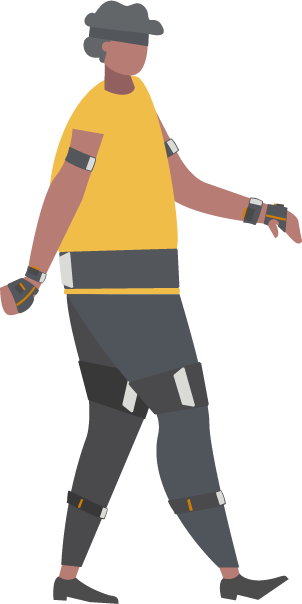

Winner of Best Solution to a WHS Risk
Alter Ergo has won “Best Solution to a WHS Risk” in the Work Health and Safety Excellence Awards 2023
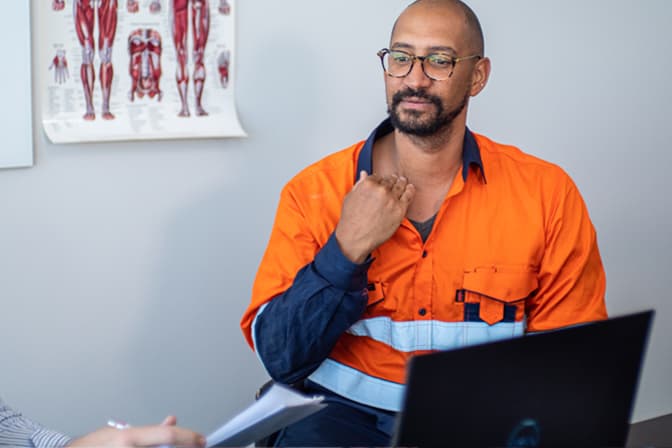
WMSD: Australia’s biggest WHS issue
Safe Work Australia recently reported that work-related musculoskeletal disorders (WMSD) are the leading WHS problem in Australia, and cost our economy $24 billion dollars in 2015. According to AIHW, WMSDs affect 6.9 million people; add this to our ageing population and current labour shortage, and the risk of workers sustaining a WMSD is high.
Alter Ergo: Uncover the ergonomic risks
We’ve partnered with Principia Technology to create Alter Ergo, a pioneering way to prevent work-related musculoskeletal disorders (WMSD). Alter Ergo combines motion capture technology with our WHS expertise and Principia’s human movement knowledge. Together, we analyse the data to identify the tasks, postures and movements that can lead to musculoskeletal disorders.
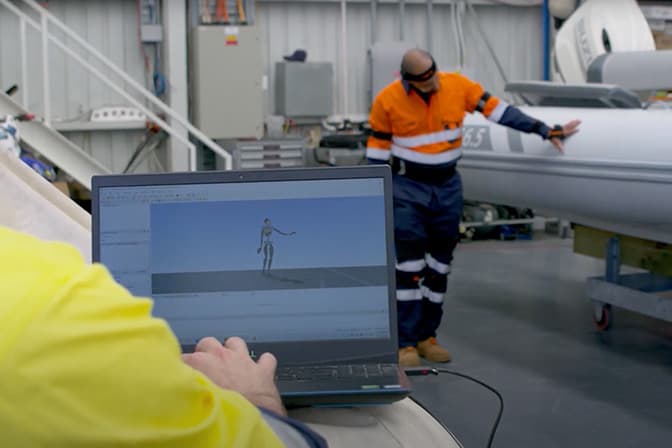
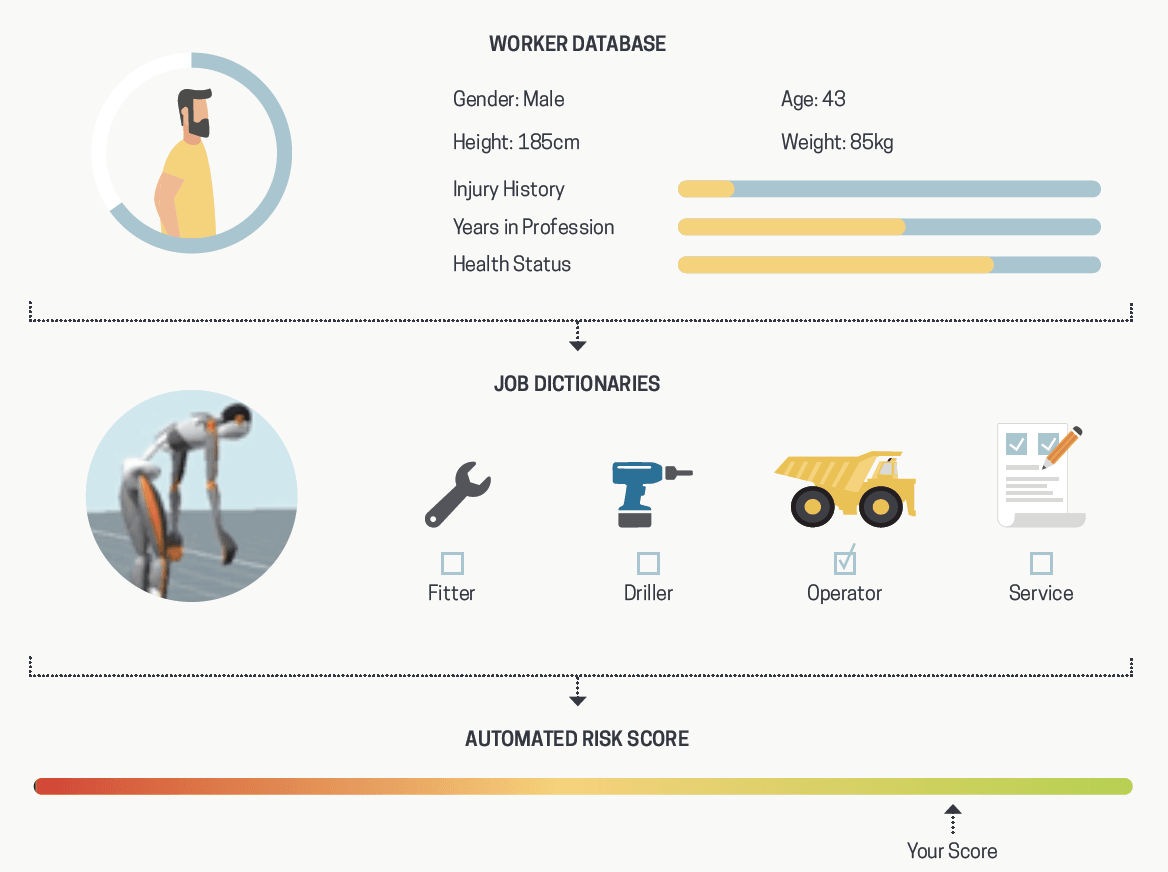
Game-changing applications
Alter Ergo allows us to create a new generation of job dictionaries (a manual task’s description and any risks involved), which are typically photographs with descriptions. To truly understand physical loads, we need a thorough understanding of workplace biomechanics. That’s where we’re shaking things up.
How to Reduce WMSD with Alter Ergo
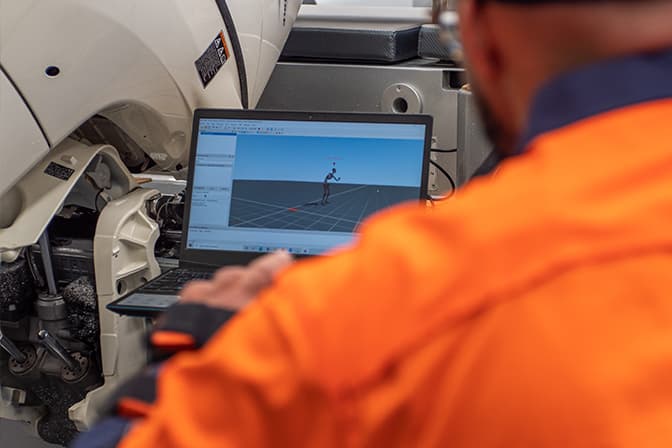
Step 1: Measure
Using a state-of-the-art motion capture suit, we strap 17 lightweight sensors to workers before they begin their daily tasks. These sensors record movements and joint angles precisely, so that we can assess the risks. The data is displayed with an on-screen avatar and graphs, allowing you to discover:
- the risk of employees sustaining a musculoskeletal injury
- the most difficult postures and work tasks
- the postures sustained for the longest time
- the postures in which the highest loads are suspected.
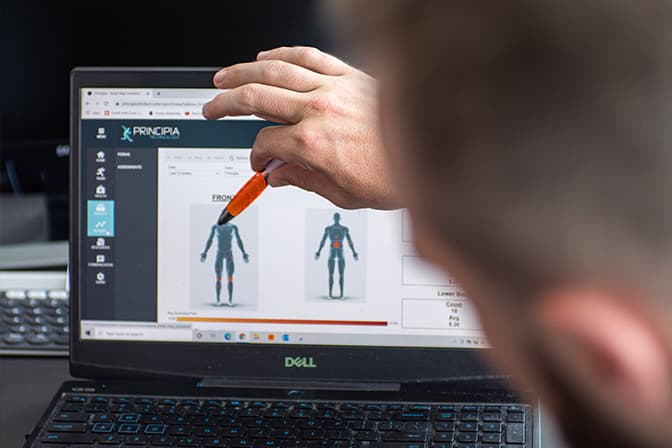
Step 2: Report
Once we’ve analysed the data, we provide a detailed report with a series of recommendations backed by the stats. These recommendations can take the form of exercises, pre-employment screening, task specific intervention, or workplace factors such as:
- redesigning tasks, environments and processes to reduce WMSD risks
- length of shifts
- number of breaks
- the rotation of stations
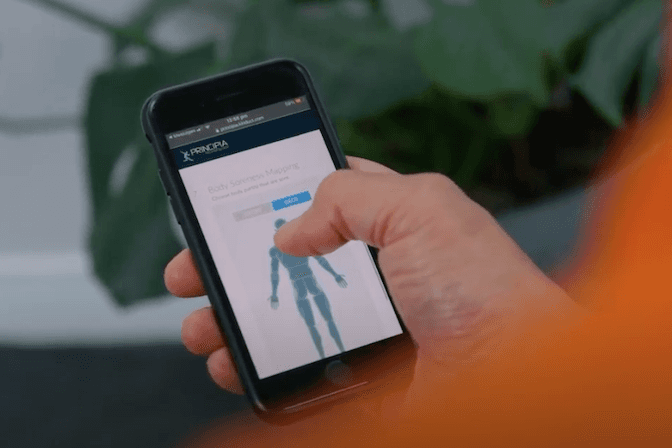
Step 3: Monitor (Optional)
Using the Principia Platform, employers can consolidate information from a variety of data sources and continuously monitor their employees’ health. Employees use the mobile app to enter their wellbeing data into the system, so employers can understand:
- the optimal hours of rest and impact on cognitive awareness
- full descriptive statistics of the posture and movement data
- individual readiness to perform
- operational risk scores
- trends with data driven insights
If risks begin to arise again, we go back to the intervene step.
WARRRL: WHS Audits and Alter Ergo
When WARRRL wanted to conduct a time and motion study to assess postures and prevent musculoskeletal injuries. The team asked us if we had any solutions for them, and we agreed Alter Ergo was the perfect fit. Find out what happened when we visited their Containers for Change sites.
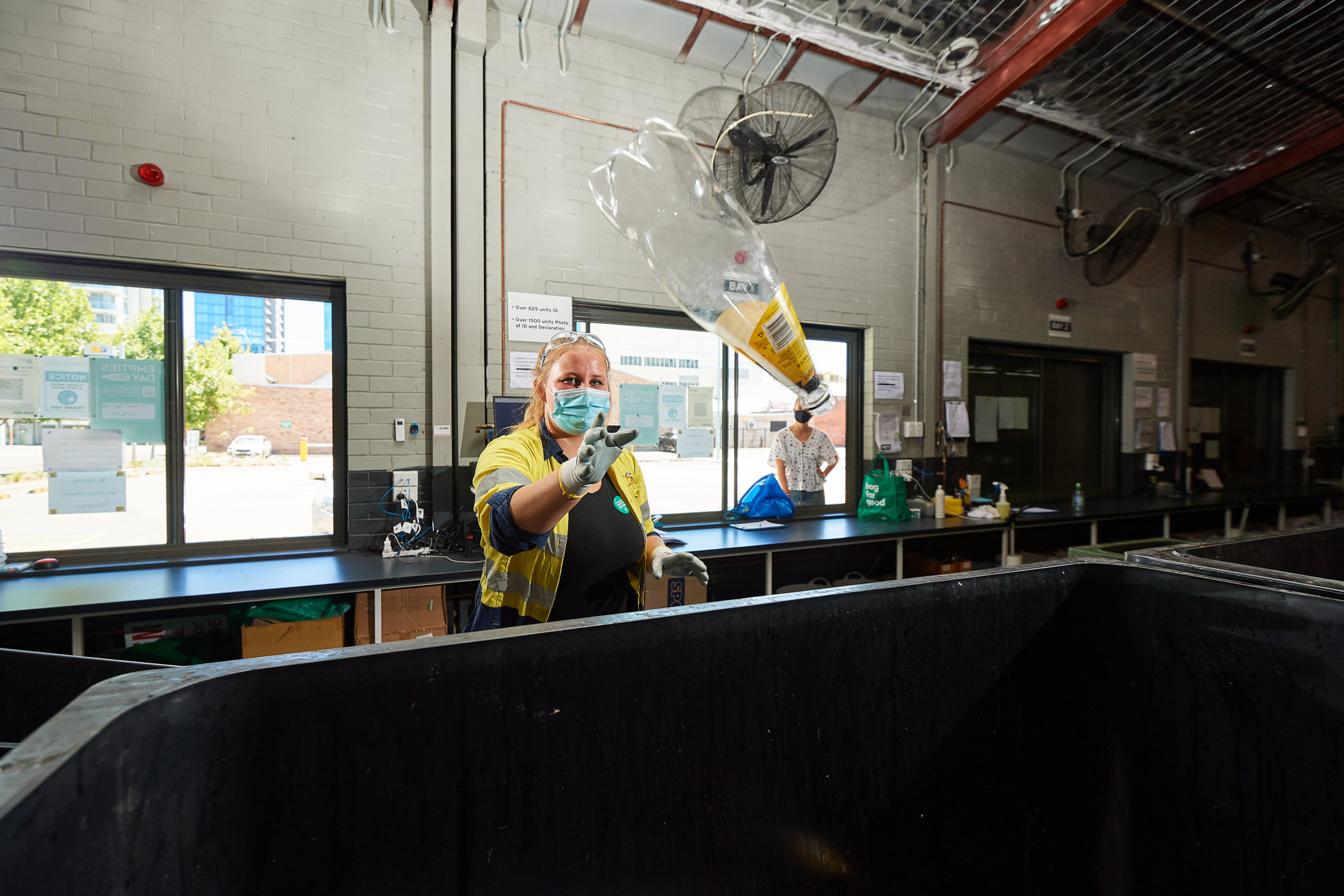
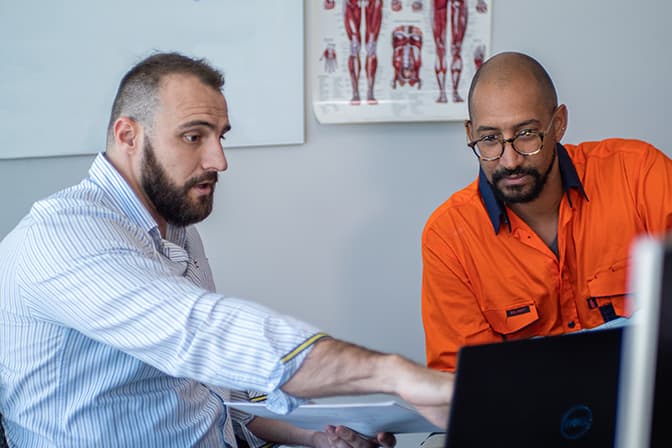
6 Ways to Reduce Work-Related Musculoskeletal Disorders (WMSDs)
Work-related musculoskeletal injuries are Australia’s leading WHS issue. Dr Jason Konrath – human movement specialist and founder of Principia Technology – explains what WMSD are, who’s at risk, and how you can prevent them.

